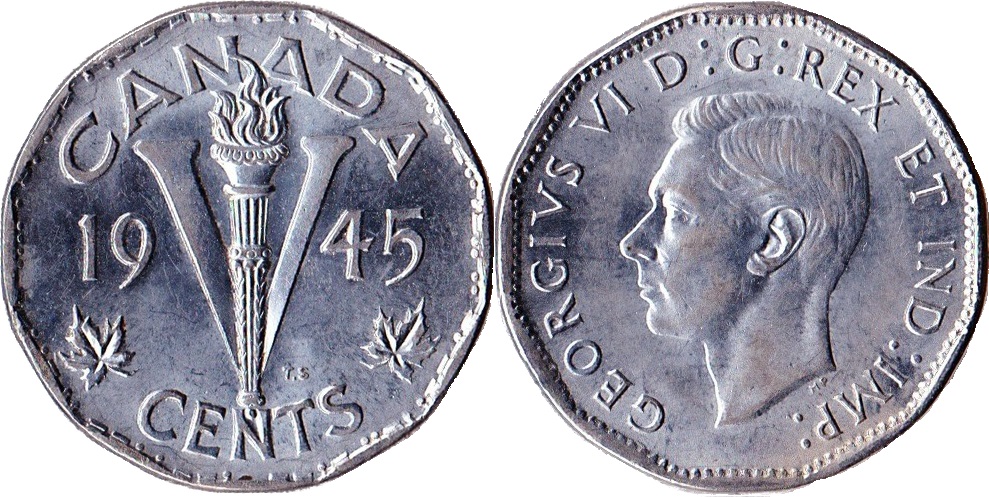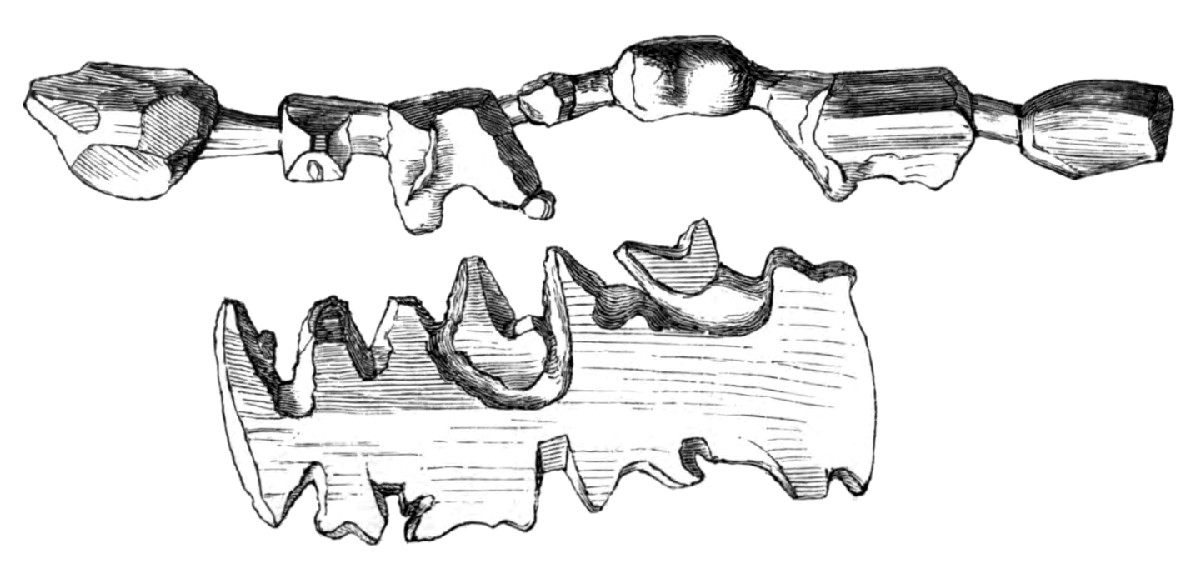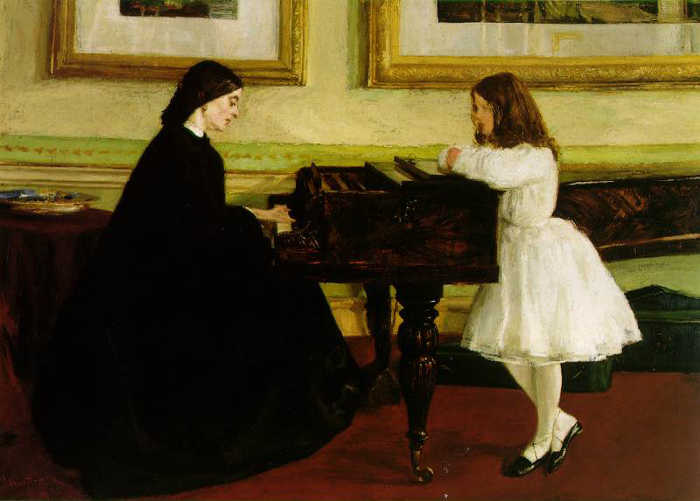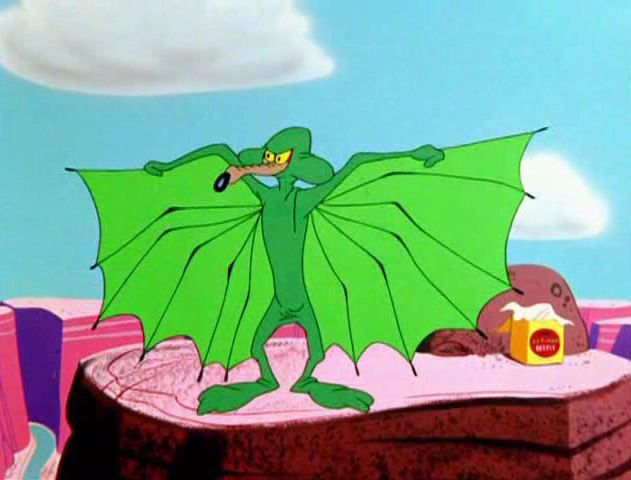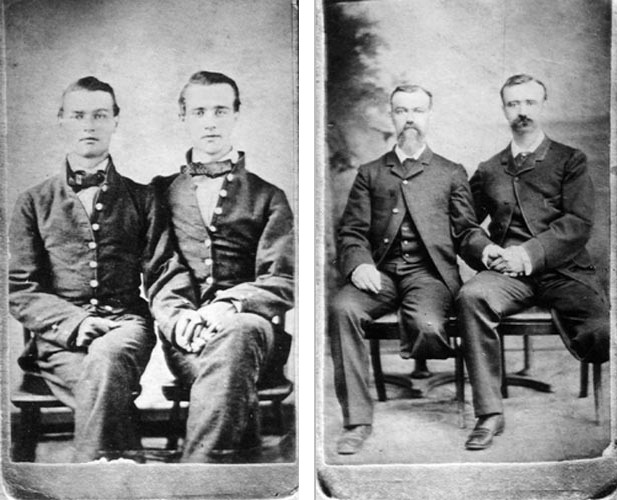Princeton mathematician John Horton Conway investigated this curious permutation:
3n ↔ 2n
3n ± 1 ↔ 4n ± 1
It’s a simple set of rules for creating a sequence of numbers. In the words of University of Calgary mathematician Richard Guy, “Forwards: if it divides by 3, take off a third; if it doesn’t, add a third (to the nearest whole number). Backwards: if it’s even, add 50%; if it’s odd, take off a quarter.”
If we start with 1, we get a string of 1s: 1, 1, 1, 1, 1, …
If we start with 2 or 3 we get an alternating sequence: 2, 3, 2, 3, 2, 3, …
If we start with 4 we get a longer cycle that repeats: 4, 5, 7, 9, 6, 4, 5, 7, 9, 6, …
And if we start with 44 we get an even longer repeating cycle: 44, 59, 79, 105, 70, 93, 62, 83, 111, 74, 99, 66, 44, …
But, curiously, these four are the only loops that anyone has found — start with any other number and it appears you can build the sequence indefinitely in either direction without re-encountering the original number. Try starting with 8:
…, 72, 48, 32, 43, 57, 38, 51, 34, 45, 30, 20, 27, 18, 12, 8, 11, 15, 10, 13, 17, 23, 31, 41, 55, 73, 97, …
Paradoxically, the sequence climbs in both directions: Going forward we multiply by 2/3 a third of the time and by roughly 4/3 two-thirds of the time, so on average in three steps we’re multiplying by 32/27. Going backward we multiply by 3/2 half the time and by roughly 3/4 half the time, so on average in two steps we’re multiplying by 9/8. And every even number is preceded by a multiple of three — half the numbers are multiples of three!
What happens to these chains? Will the sequence above ever encounter another 8 and close up to form a loop? What about the sequences based on 14, 40, 64, 80, 82 … ? “Again,” writes Guy, “there are many more questions than answers.”
(Richard K. Guy, “What’s Left?”, Math Horizons 5:4 [April 1998], 5-7; and Richard K. Guy, Unsolved Problems in Number Theory, 2004.)


